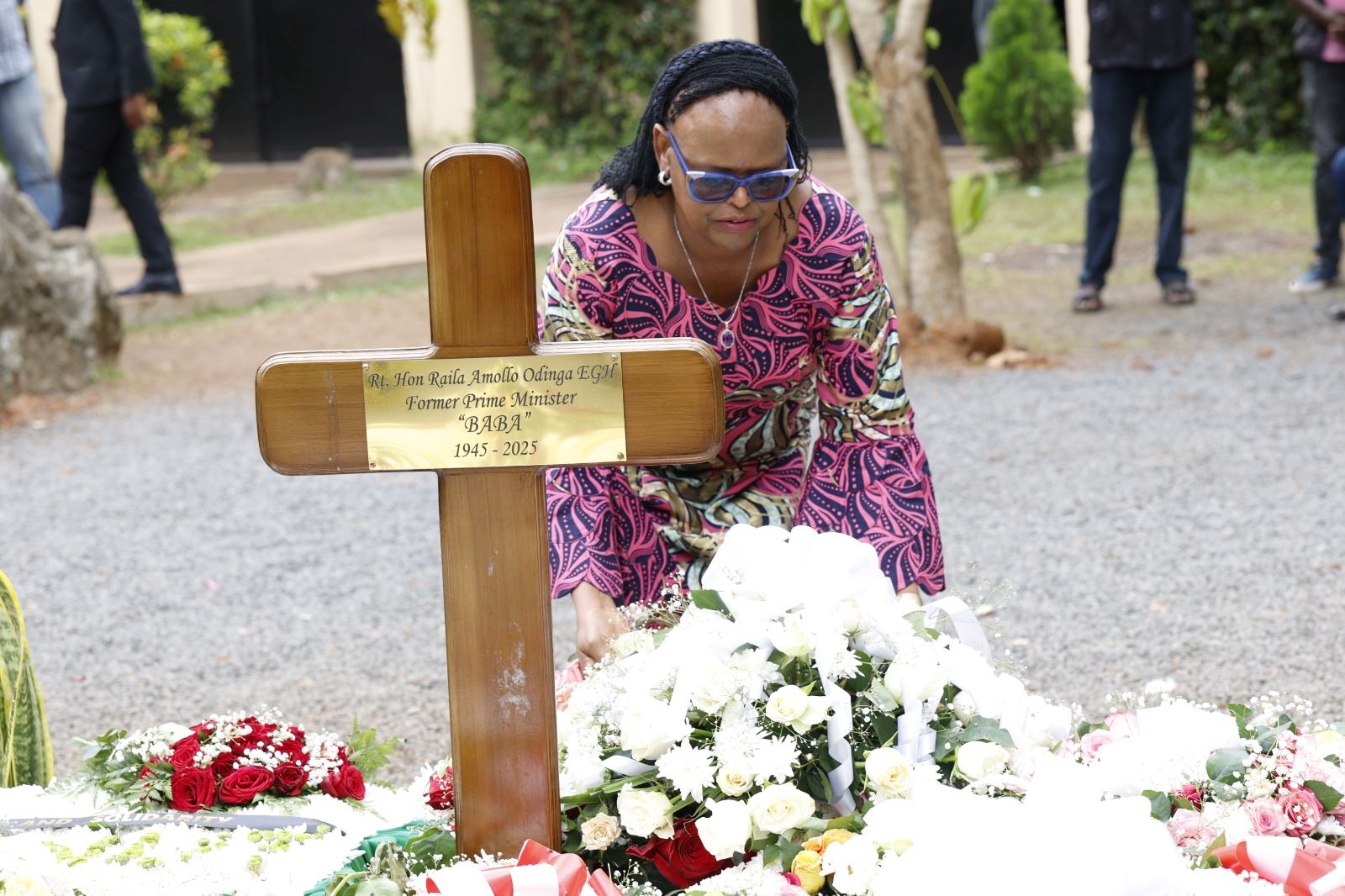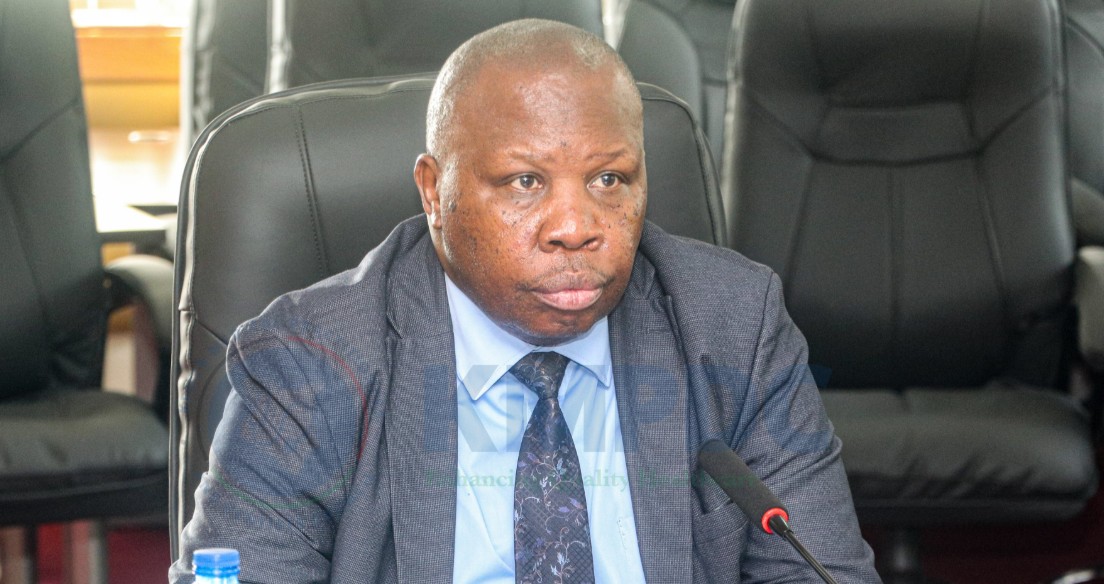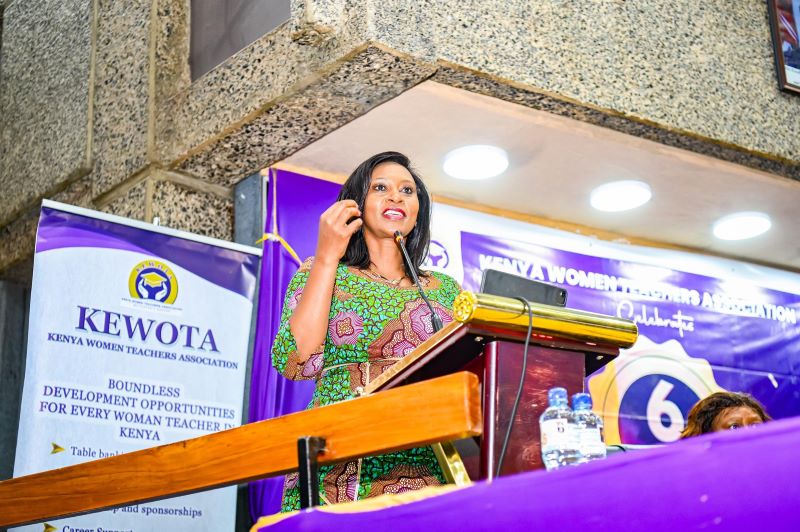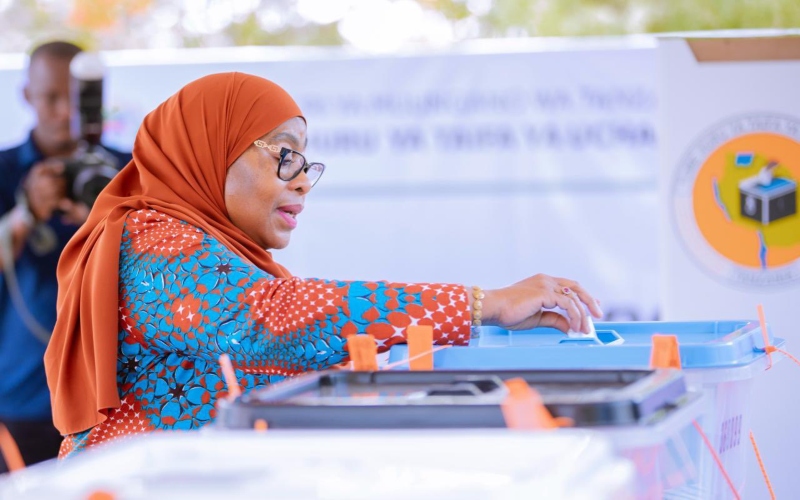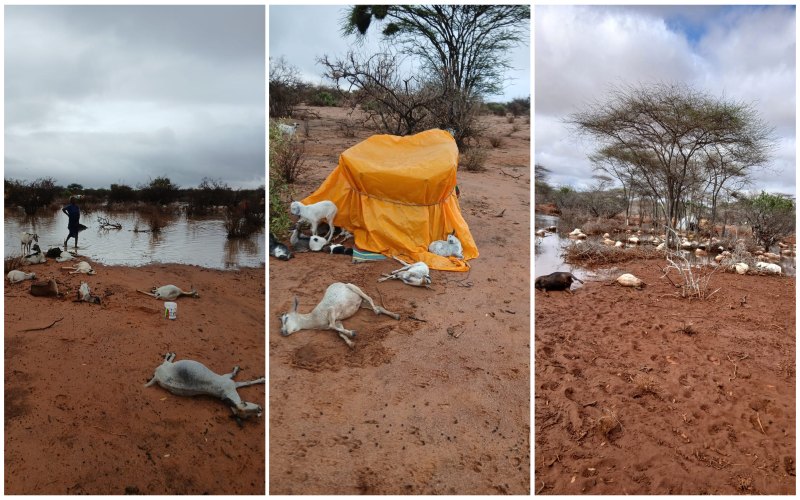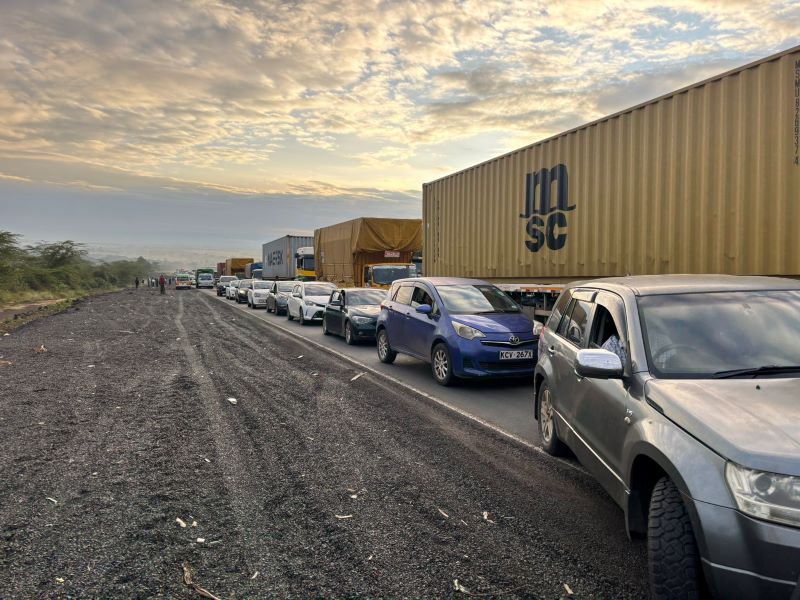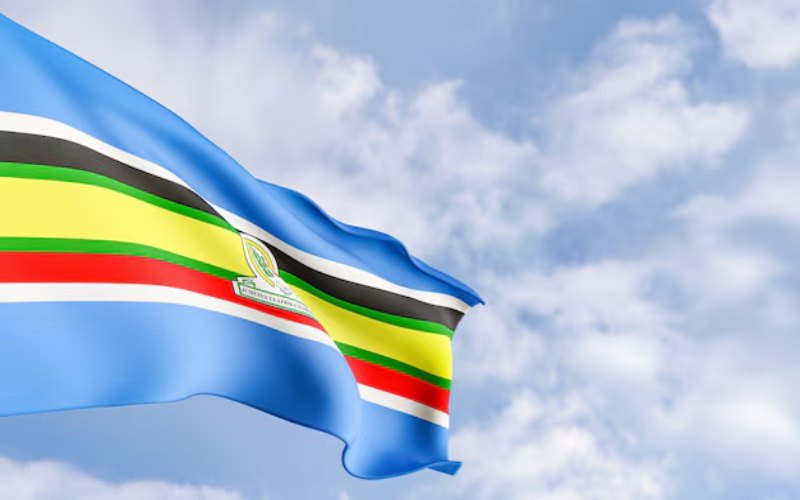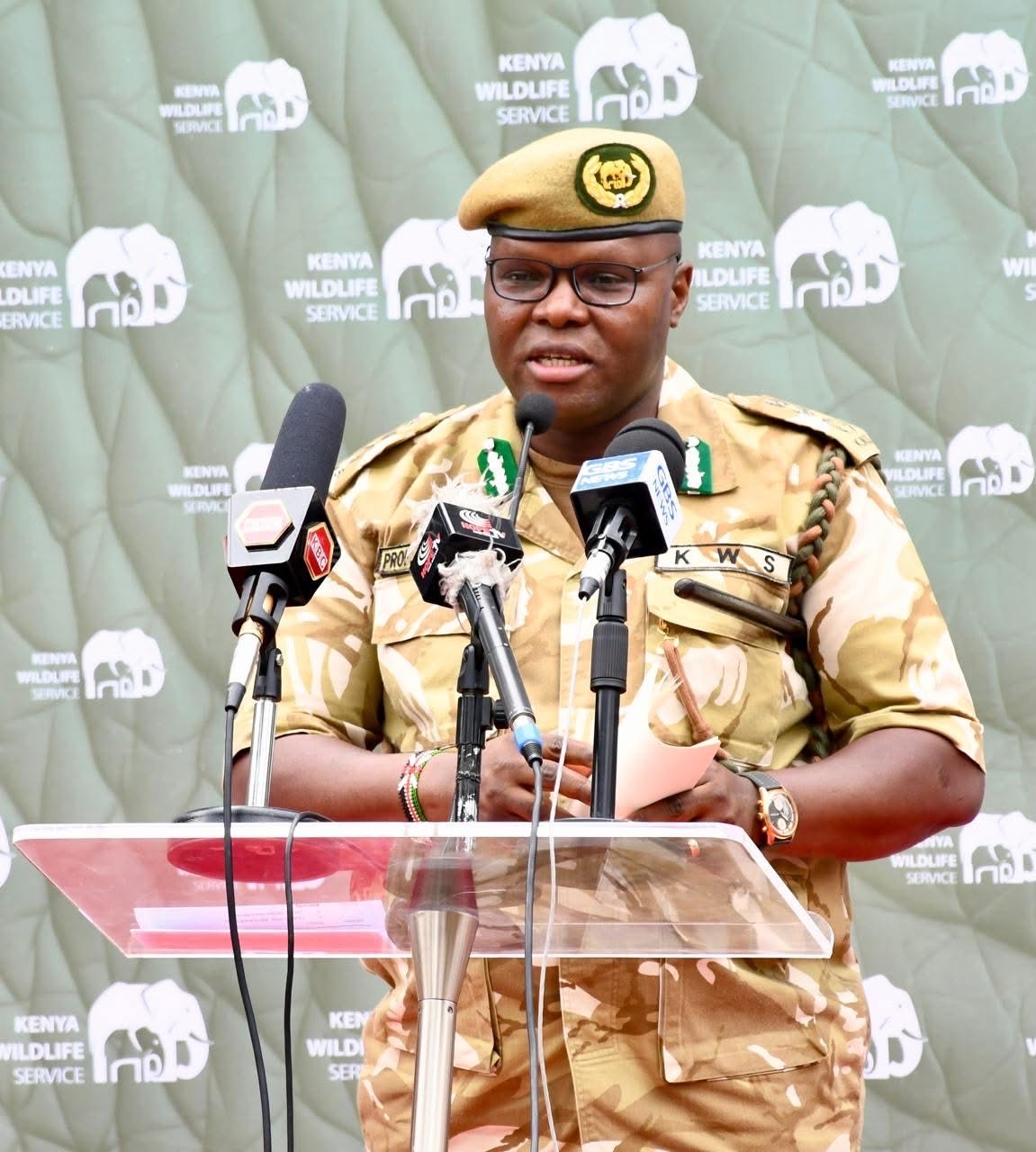Kenya eyes diaspora bond to fund JKIA airport expansion, says Mudavadi
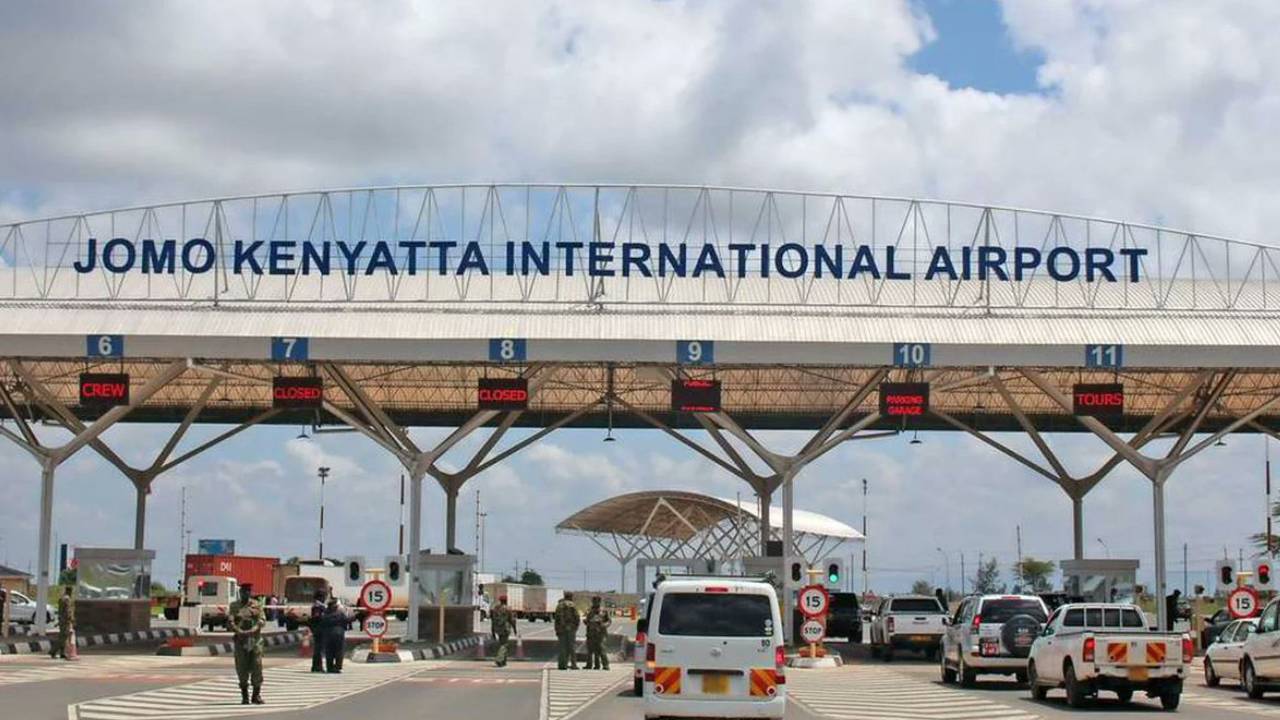
Initially proposed in early February 2024, the bond’s development was put on hold due to concerns about whether the overseas Kenyan community would buy sufficient amounts of the debt.
The government has proposed a Diaspora Infrastructure Bond as a means to finance the construction of a new airport and other key national projects.
Foreign Affairs Cabinet Secretary Musalia Mudavadi, has revealed that the bond, if properly structured, could generate more than Sh500 billion, surpassing the estimated Sh300 billion initially projected.
More To Read
- Murkomen defends police over JKIA breach, says situation could have turned tragic
- Widow of Kasarani shooting victim recounts final moments with husband before tragedy
- Normal operations resume at JKIA after security breach during arrival of Raila’s body
- JKIA operations suspended after security breach during arrival of Raila Odinga’s body
- KQ flight carrying Raila Odinga's body touches down at JKIA
- Senator Oburu Odinga takes over ODM leadership in acting capacity
Mudavadi highlighted the potential of the bond, noting that it could unlock significant development opportunities for the country. The bond, which will target Kenyans living abroad, is part of a renewed effort to secure financing for key projects such as roads, hospitals, and other critical institutions.
“If we package an infrastructure diaspora bond properly, well backed, the bond can raise not only the Sh300 billion required. Initial figures now show us that if we do it well, we can raise over Sh500 billion through an infrastructure bond, which means the Diaspora can build that new airport. It is possible,” Mudavadi said.
Initially proposed in early February 2024, the bond’s development was put on hold due to concerns about whether the overseas Kenyan community would buy sufficient amounts of the debt.
However, Mudavadi indicated that the current economic figures show the country is now well-positioned to launch the bond.
The proposal comes amid efforts to expand Jomo Kenyatta International Airport (JKIA) to address congestion and improve safety.
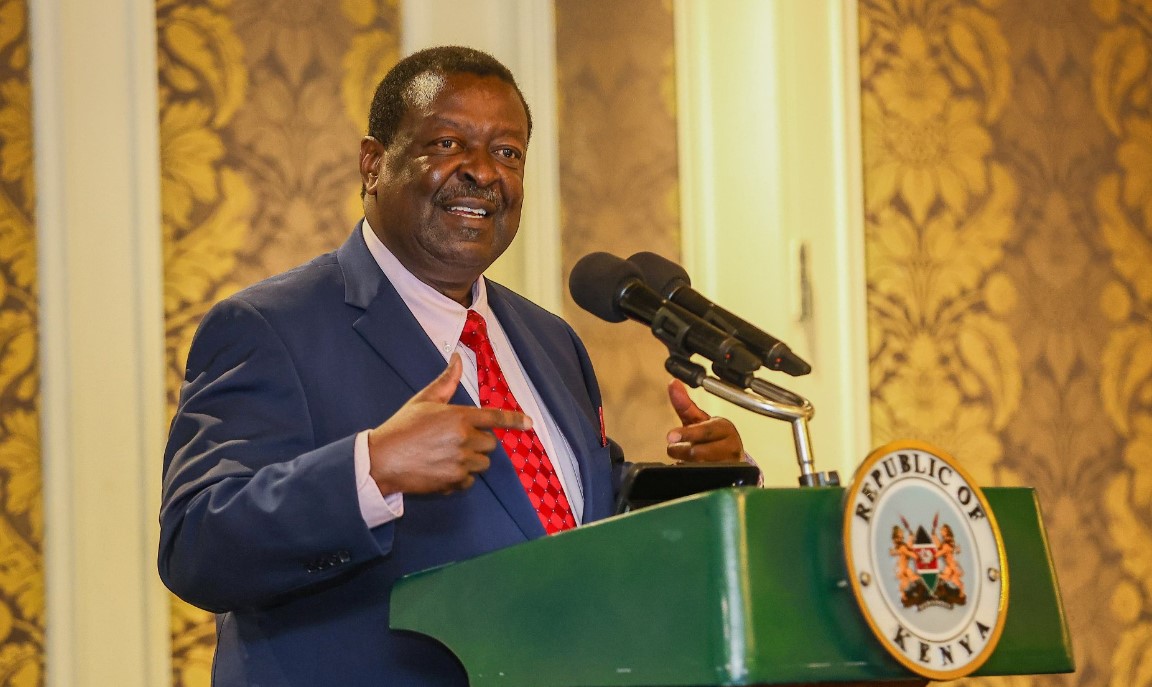 Prime Cabinet Secretary and Cabinet Secretary for Foreign and Diaspora Affairs Musalia Mudavadi at a past event. (Photo: X/Musalia Mudavadi)
Prime Cabinet Secretary and Cabinet Secretary for Foreign and Diaspora Affairs Musalia Mudavadi at a past event. (Photo: X/Musalia Mudavadi)
Planned upgrades include extending runways, increasing aircraft parking bays from nine to 21 by 2040, and enhancing cargo handling capabilities, with throughput expected to hit 741,000 tonnes in the same period.
JKIA, which processes 35 aircraft per hour, accounts for 80 per cent of Kenya’s passenger traffic and 90 per cent of cargo operations. It serves as a hub for national flag carrier Kenya Airways, Jambojet, Fly540, and African Express Airways.
In February, JKIA General Manager Selina Gor hinted at plans to establish a VIP terminal catering to high-profile global executives.
Additionally, the Cabinet approved the National Aviation Policy in June, aiming to align the aviation sector with global standards and maximise its economic impact.
Currently, JKIA operates with two main terminals: Terminal 1, which has sections 1A through 1E for various domestic and international services, and Terminal 2, used by low-cost carriers. The old terminal, sometimes referred to as Old Embakasi Airport, serves the Kenya Air Force.
Mudavadi reiterated that the proposal highlights the importance of tapping into Kenya’s diaspora resources to drive transformative infrastructure development, ensuring the country remains a key player in regional and international aviation.
Top Stories Today
